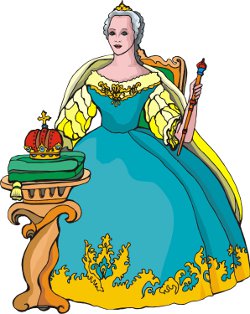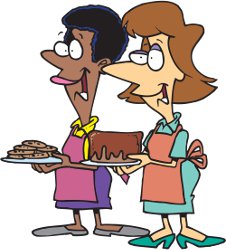The Complete List of
English Spelling Rules
Lesson 10: C, K, CK, and QU
In this series of lessons, you will learn useful spelling rules in English.
This lesson talks about different letters to make the /k/ sound in English. We will look at some guidelines and examples so that you will feel more comfortable using the letters k, c, and the combination qu.

Download a free worksheet + answer key.
Kings and queens wear crowns.
These three words are all pronounced with /k/ sounds at the beginning, but they are all spelled differently. Do you know why?
We will start with the letter c, which is the most common letter used for this sound in English.
The letter C
1. Single C

Click Here for Step-by-Step Rules, Stories and Exercises to Practice All English Tenses
Corey is a very active cat!
As you can see, the letter c can come almost anywhere in the word. It is used for a /k/ sound before consonants and the vowels a, o, and u.
The single c is the most common letter used for this sound. Here are some common examples:
- actor
- corn
- bacon
- direct
- carry
- picture
- culture
- pelican
2. Double C

People have parties to celebrate special occasions.
As you learned in Lesson 1 of this series about the "magic" e, a single consonant between two vowels can mean that the first vowel is pronounced with a long sound instead of a short sound.
If the word needs to contain a short vowel sound before the /k/ sound, we can double the c in the middle of the word.
Here are some more common words with a double c pronounced with a /k/ sound after a short vowel sound:
- account
- broccoli
- hiccup
- accurate
- occupy
- tobacco
- raccoon
- accuse
The letter K

Janet and Emily are very kind. They love to share.
We saw above that the letter c is usually used for a /k/ sound before the vowels a, o, and u, but if the /k/ sound is before the vowels e, i, or y. (When the k comes before a y, it is almost always at the end of words.)
Here are some common examples of the letter k for a /k/ sound before an e, i, or y.
- king
- make
- skin
- skill
- risky
- poker
- keep
For example:
- milk
- tank
- soak
- peek
- cork
- hawk
- look
- bark
The CK combination

Looking at the clock can be very stressful during a test!
The ck combination is used at the end of a one-syllable word after a short vowel sound.
Here are some common examples:
- pick
- luck
- pack
- stick
- wreck
- lick
- duck
We also use the ck combination after a short vowel sound and before a vowel e, i, or y. This is a little less common.
Here are some examples:
- rocking
- picky
- lucky
- blackest
- picnicking
The QU combination

Eleanor wants to ask a question.
The qu combination is also common in English, but it is important to remember that this has a /kw/ sound, not just a /k/ sound. It can have some different pronunciations, but this is the most common.
The letter q is not written alone in English, but is always followed by a u.
Here are some common examples of qu with a /kw/ sound:
- quiet
- squint
- squash
- queen
- quarter
- quack
- quiz
- square
- require
- quote
Review
So, let's review what we have learned about common English suffixes:- The single letter c
pronounced as /k/
can come almost anywhere in the word and comes before the vowels a, o, and u.
- The double letter c
pronounced as /k/
comes after a short vowel.
- The letter k
comes before the vowels i, e, or y. It also comes at
the end of one-syllable words after any sound except a
short vowel sound.
- The ck
combination is used at the end of a one-syllable word after a short
vowel sound. Less commonly, it comes after a short vowel sound and
before a vowel e,
i, or y.
- The qu combination is common in English and is pronounced as /kw/.
Download a free worksheet
Get Updates, Special Offers, and English Resources
Download your FREE GIFT (the first two chapters of
English Short Stories Book and Workbook)
as soon as you join!

By submitting your email, you consent to receiving updates and newsletters from us and to the sharing of your personal data with third parties for the purposes of sending you communications. We will not spam you. You can unsubscribe at any time. For more information, please see our privacy policy.





